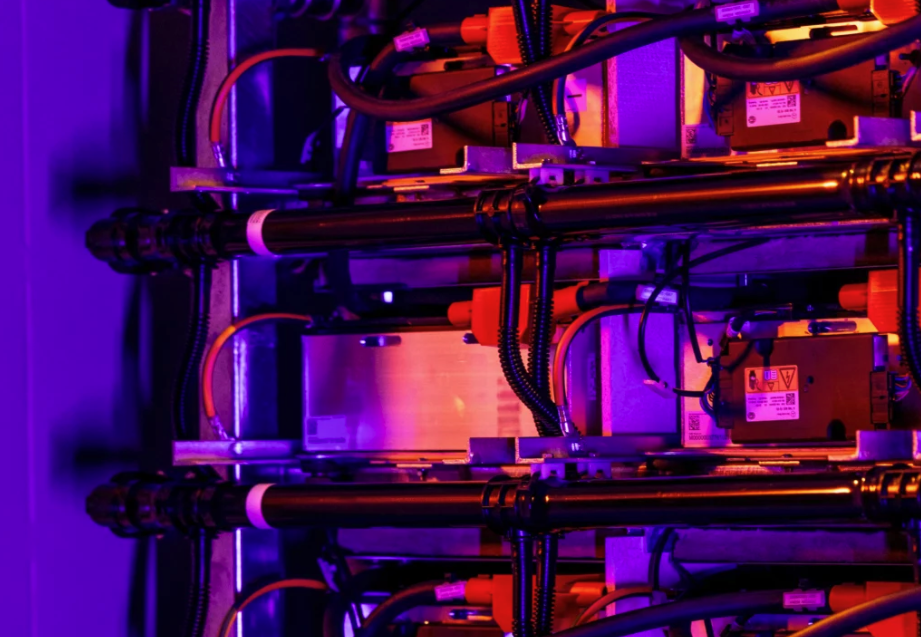
BatteryLoop gives Mercedes EV batteries second life in Gothenburg

BatteryLoop gives used electric vehicle batteries a second life in their energy storages. Currently the BLESS™ III is made with second use batteries from Mercedes-Benz Energy /batteryloop.com
Sweden´s largest energy storage system, made with reuse batteries with an output of 2.8 megawatts, was commissioned on Monday in Gothenburg


Comments
Ready to join the conversation?
You must be an active subscriber to leave a comment.
Subscribe Today